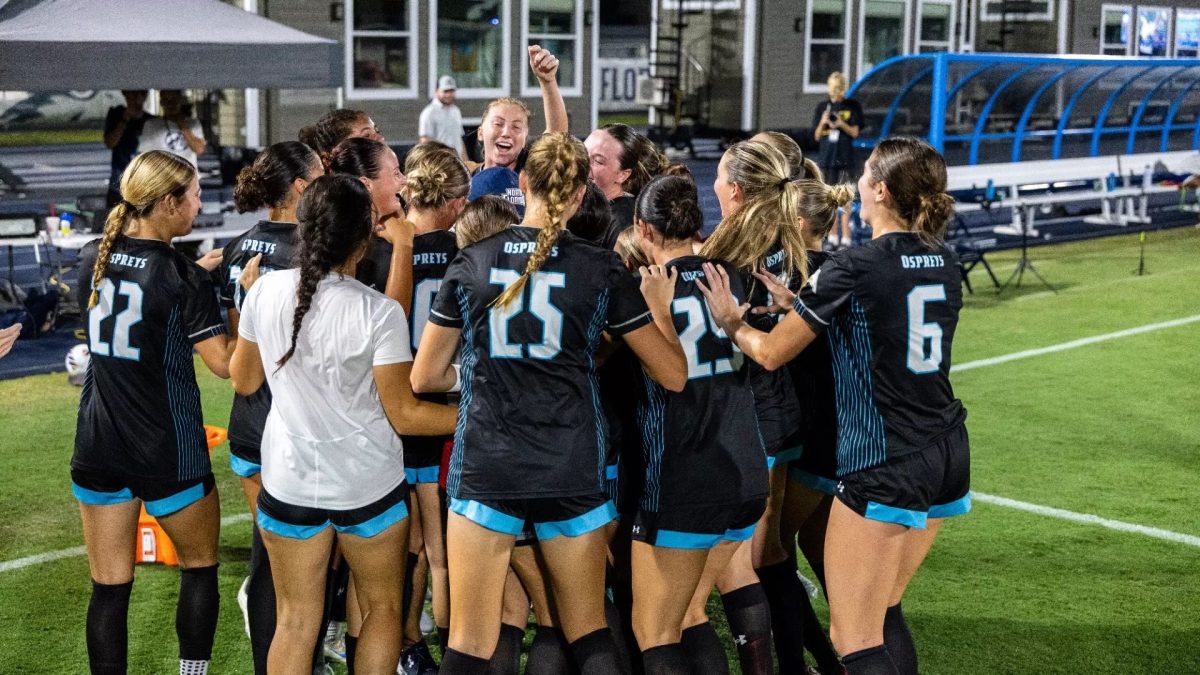The UNF administration, in conjunction with the Duval County Health Department, released its action plan for combating swine flu in an April 30 campus update.
UNF announced that they are actively monitoring the swine flu situation – also know as the H1N1 virus – and have a plan if any suspected cases appear on campus.
The action plan included triaging any suspected cases to provide appropriate health care and to minimize the risk of transmission to further members of the community.
UNF’s plan is in accordance with the latest recommendations from the Center for Disease Control and Prevention.
“The virus transmits very quickly, but the end result has been a milder version of the disease than was originally feared, and the lethality seems at a much less significant level,” said Kathleen Sebelius, secretary of health and human services, in a May 5 CDC press briefing.
The CDC is urging schools not to shut down, even in infected areas, Sebelius said. The responsibility falls on the infected individuals to stay out of the circulation of the community.
“This is really about staying home,” Sebelius said. “Staying home for a period of time until the infection cannot be spread any further.”
A current study from the CDC provided information that there have been 642 laboratory-confirmed cases of swine flu in the U.S. – only five having been in Florida.
However, some students on campus are not concerned.
“I’m not worried,” elementary education major Melanie Rogers said. “At my job as a hostess we have to wipe down every menu before we give it to a guest, but I am living my life as usual.”
Other students think the additional precautions many people are taking are a positive idea.
“I think it’s dangerous,” said Jeanette Heltne, an international student and business management major. “I think the media has blown it out of proportion, but this is a good thing because it is better to be careful when it comes to an epidemic.”
In crisis management’s campus update, it was clear that UNF’s plan, in case any suspected cases of swine flu appear on campus, is being executed with the health and safety of students, faculty and staff as the primary concern.
Any member of the campus community experiencing fever, dry cough, aches and pains, or any other flu-like symptoms should contact student health services at (904) 620-2900.















